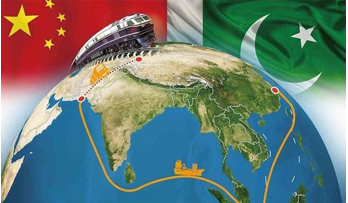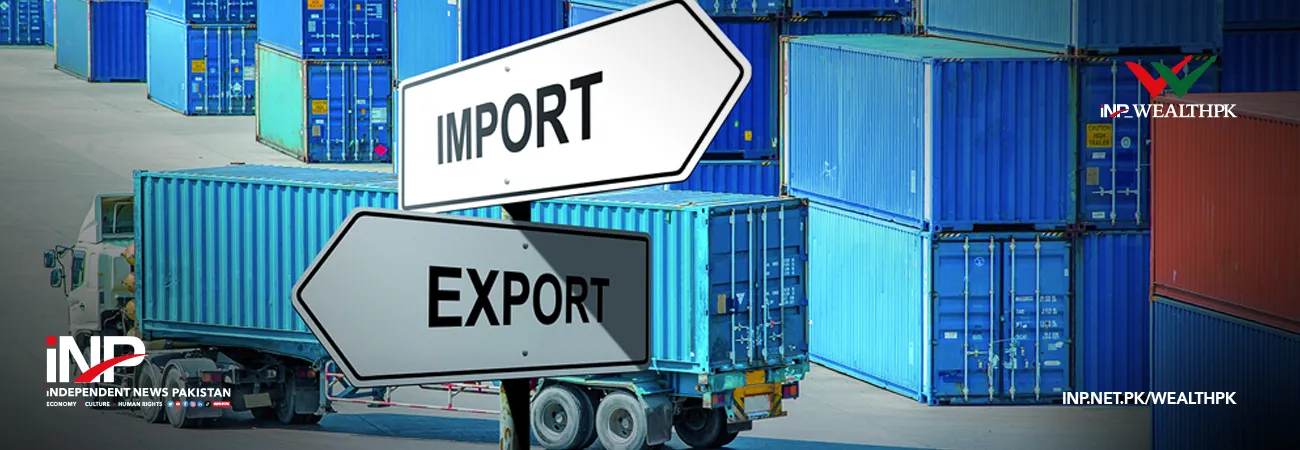INP-WealthPk
Ayesha Saba
Pakistan must prioritise the formulation and implementation of clear policies aimed at establishing direct and shortest trade routes with Central Asia to help realise its vision of becoming a regional trade hub.

“Such an initiative would not only enhance transit revenues and foreign exchange earnings but also promote regional stability through increased economic interdependence,” stressed Dr Hassan Daud Butt, a senior adviser at Sustainable Development Policy Institute.
Speaking to WealthPK, he underscored the strategic imperative of establishing direct and efficient trade routes between Pakistan and the landlocked Central Asian Republics by connecting the ports of Gwadar and Karachi with the region via an extensive network of roads, railways, and sea links.
He stated that the current indirect and fragmented trade corridors are undermining Pakistan’s potential role as a regional transit hub, and more decisive actions are required to unlock the economic benefits of connectivity with Central Asian countries.
According to him, Central Asian countries, including Uzbekistan, Kazakhstan, Turkmenistan, Tajikistan, and Kyrgyzstan, have long sought access to warm water ports to diversify their export destinations and reduce their dependence on traditional northern routes via Russia and China.
“Pakistan, with its strategic location and coastline, is ideally positioned to serve as a commercial gateway for these states under CPEC. However, despite shared economic interests and diplomatic goodwill, the volume of trade remains far below potential due to logistical bottlenecks, lack of infrastructure integration, and security concerns in transit regions like Afghanistan,” he noted.
Butt emphasised that the most critical step forward is the development of direct, shortest, and cost-effective routes that would allow smooth flow of goods between Central Asian countries and Pakistan. “This includes not only reviving and upgrading existing road and rail links under the Central Asia Regional Economic Cooperation (CAREC) programme and the China-Pakistan Economic Corridor (CPEC), but also initiating new infrastructure projects focused specifically on facilitating north-south trade flows.”
He asserted that a phased development approach, rather than fragmented or politically driven initiatives, is essential for achieving sustainable progress. “The Planning Ministry should prioritise corridors that facilitate both domestic and cross-border trade, especially with Central Asia, China, and Iran.”
Adnan Khan Yousafzai, socio-economic development specialist at the CPEC Centre of Excellence, said the strategic integration of CPEC and CAREC holds substantial potential to redefine regional trade dynamics. “By enabling seamless connectivity, diversifying trade routes, and attracting foreign investment, this synergy can serve as a catalyst for sustained economic growth across Pakistan, China, and Central Asia.”
Yousafzai emphasised that economic security is now a fundamental component of national security strategies. He noted that Pakistan is uniquely positioned to enhance its economic engagement within the region and beyond, thereby fostering long-term economic development and addressing future economic challenges.
Credit: INP-WealthPk













